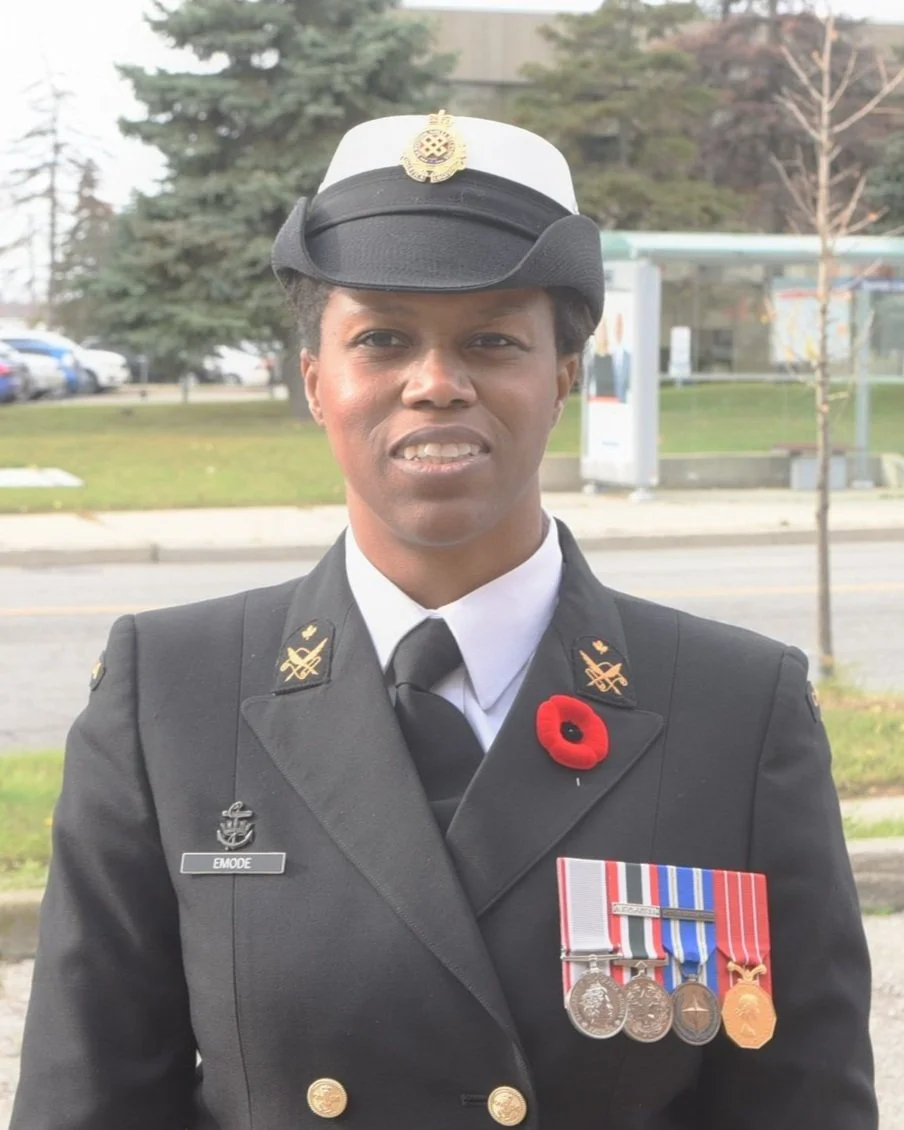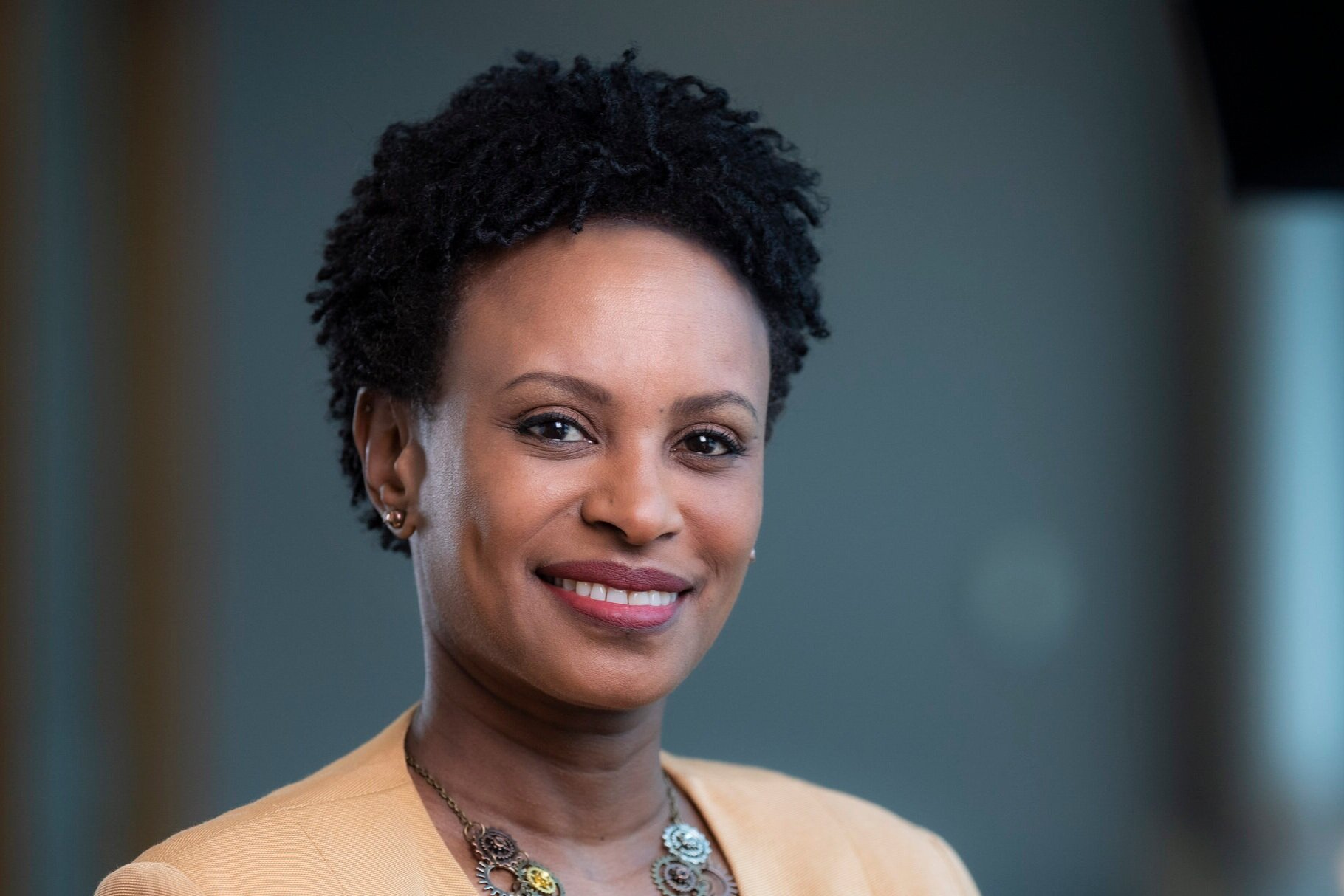Ngai Pindell interests align with UBC's law school where he is the new Dean
December 2, 2021
When applying for a law school deanship, it’s imperative that candidates’ interests align with the university’s needs.
In an exhaustive two-day interview for the position at the University of British Columbia (UBC) Peter A. Allard School of Law, Ngai Pindell liked what he heard in terms of its vision for the future. It also mattered that the university was receptive to his legal education approach.
He accepted the position for a five-year term, starting last month.
“Some of the key conversations that came up during the interview were around equity, diversity and inclusion,” said Pindell who is a former Co-President of the Society of American Law Teachers. “The school wants to do a lot of work in the area and is committed to making improvements. That’s an area I have done work in and it’s important for me and law schools to tackle. There’s also the faculty’s desire to increase its impact and recognition of its impact. They are ambitious and I have ambitious goals for the law school.”
Citing UBC law school as a special space, he said the opportunity to be part of the Allard community was difficult to pass up.
“It’s an impressive, dynamic and vibrant place,” noted Pindell whose research and teaching interests are in Property Law, Wills & Trusts, Local Government Law, Affordable Housing and Community Economic Development. “Law schools do many things, but we do things really well in educating students and performing research. Allard does both very well. It educates students about the breadth of possibilities for their professional careers and broadens their imagination and realization of the impact of law on communities. Similarly, the Allard faculty research deepens our knowledge of law and society, helps us better understand ourselves and the community around us and provides new names and frameworks for relationships, helping to bring about the possibility of change.”
Andrew Szeri, UBC’s Provost & Vice-President, Academy, said the university’s law school is counting on Pindell’s leadership skills and conflict resolution experience.
“He holds a deep commitment to equity, diversity and inclusion, and anti-racism,” said Szeri. “His collaborations in program development with Indigenous and other underserved communities are examples of his desire to bridge what is learned in the academy with practice to benefit society.”
News of Pindell’s hiring broke about six weeks after the university announced the establishment of the law school’s first-sever student award dedicated solely to supporting incoming Black Canadian JD students.
The $225,000 fund, made possible through donations from retired Judge Selwyn Romilly who was the first Black appointed to the British Columbia provincial and Supreme courts, Justice David St. Pierre, criminal defence lawyer Matthew Nathanson and two anonymous donors, will support 15 incoming law students with their tuition over the next five years.
Pindell joins Allard after 21 years at the University of Nevada, Las Vegas William S. Boyd School of Law that opened in 1998.
Starting as an Assistant Professor and elevated to Professor in 2008, he served as Chair of the Admissions and Dean’s Advisory Committees, Associate Dean of Academic Affairs and Vice-Dean in the law school before being appointed the university’s Vice-Provost for Faculty Affairs and then Vice-Provost & Special Advisor to the Executive Vice-President & Provost.
As Vice-Provost for Faculty Affairs, Pindell made significant contributions in his three years in the role.
Besides overseeing faculty processes and policies, he led development efforts for faculty chairs and academic units, worked closely with compliance and human resources to address issues across the campus, re-launched the Leadership Development Academy and oversaw the merging of the faculty excellence initiative and faculty affairs.
Pindell headed the law school’s International Gaming Institute before joining Allard.
With gaming being a flourishing multibillion-dollar industry, UNLV launched a Master of Law program in Gaming, Law and Regulation in 2016 that he directed.
Committed to providing cutting-edge insights into the global gaming industry, the institute provides research and programs to more than 50 jurisdictions.
Graduating from Duke University in 1993 with an Economics degree, Pindell completed his Juris Doctor degree three years later at Harvard Law School.
“In my application to law school, I said I wanted to know about the rules that govern society and how they came to be,” he said. “I don’t know that law school delivered the answers to that big of a question. I didn’t get all of the answers. What attracted me to being a lawyer and later a professor is two-fold. Lawyers are often at the centre of the conversation when it comes to issues affecting countries and nations, proposing strategies and next approaches. We may have economic, social and political controversies, but we need often a form of legal resolution to those hard questions.”
Straight out of law school, Pindell practiced Community Development Law in Baltimore and was the first fellow of the University of Baltimore’s Community Development Clinic that offers free non-litigation services to Baltimore-area community development organizations.
“I have always been drawn to connections and intersections with people and place and my research centers on metropolitan areas and access to affordable housing and healthy communities,” he said. “The COVID pandemic made me think of these issues in different ways in that it highlighted the importance of shelter as a public health issue. Thinking about Canada, it is important that the law school acknowledges that UBC is located on the traditional, ancestral and unceded territory of the Musqueam people.”
Earlier this year, Pindell testified alongside Nevada Senator Dina Neal who presented a Bill to the Senate Committee on Government Affairs that prohibits landlords from refusing to lease because of arrest records and criminal history.
He said that while people of colour comprise nearly 37 per cent of the American population, they are about 70 per cent of the prison population.
Who were some of the people that were instrumental in his personal and professional growth?
“My parents, who live in Las Vegas, head that list,” said Pindell who has two young sons and enjoys biking and hiking. “At an early age, they stressed the importance of education, establishing goals and giving back to the community. There are a community of law faculty deans and lawyers who have been supportive. They are the people who have a sympathetic ear and I can call late in the afternoon on a Friday and discuss a problem. They have been there for me and I hope I have been there for them. I have also had teachers over the years who have helped me in different ways. I had the support of law school professors who helped me to get into the teaching profession. Their mentorship, letters of recommendations and advice were crucial in me becoming a law professor in the first instance.”
Pindell and Donna Young (Ryerson University’s Lincoln Alexander School of Law) are the only Black law school deans in Canada.
Juanita Westmoreland-Traore was the first Black dean of a Canadian law school after her appointment in 1996 at the University of Windsor.






